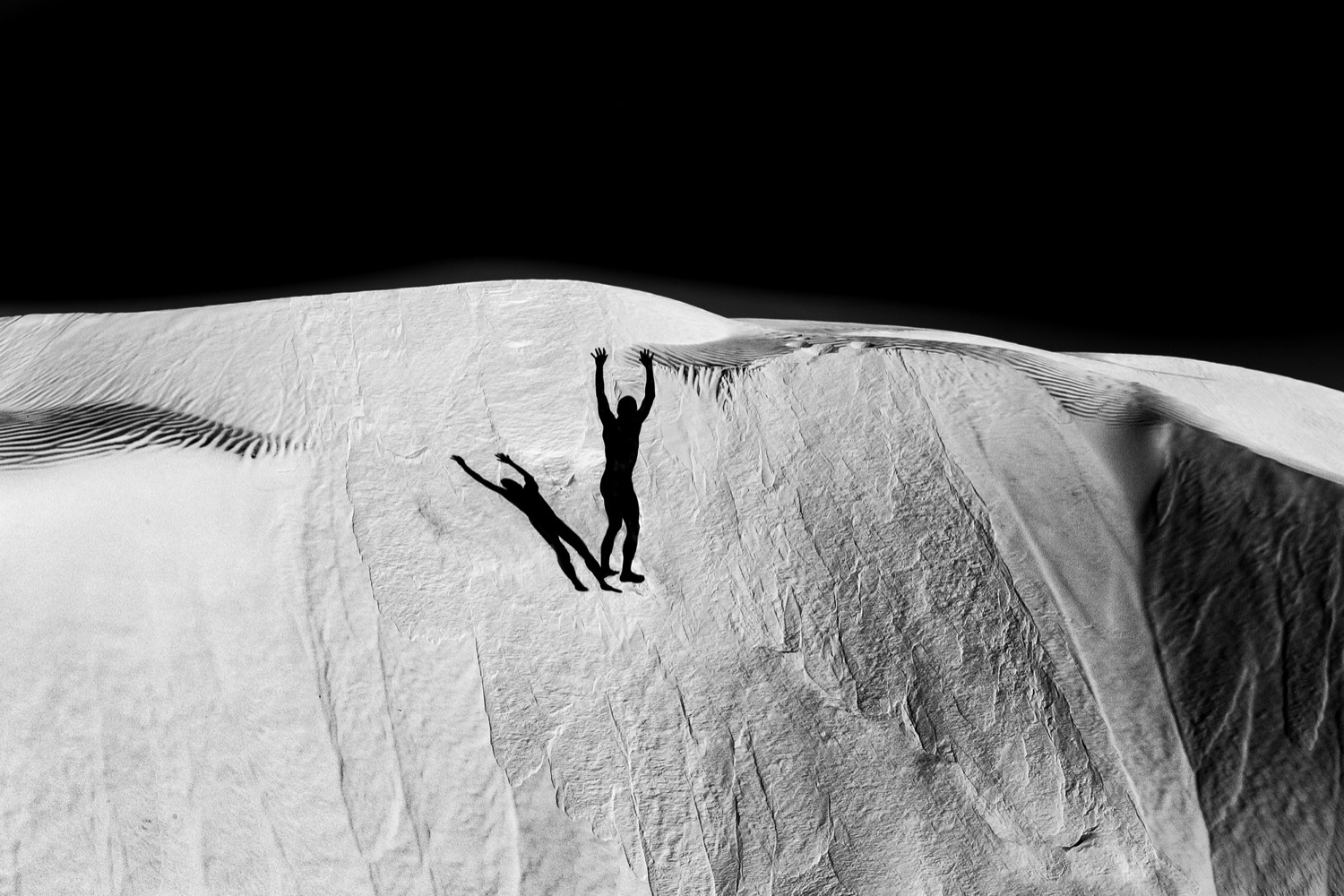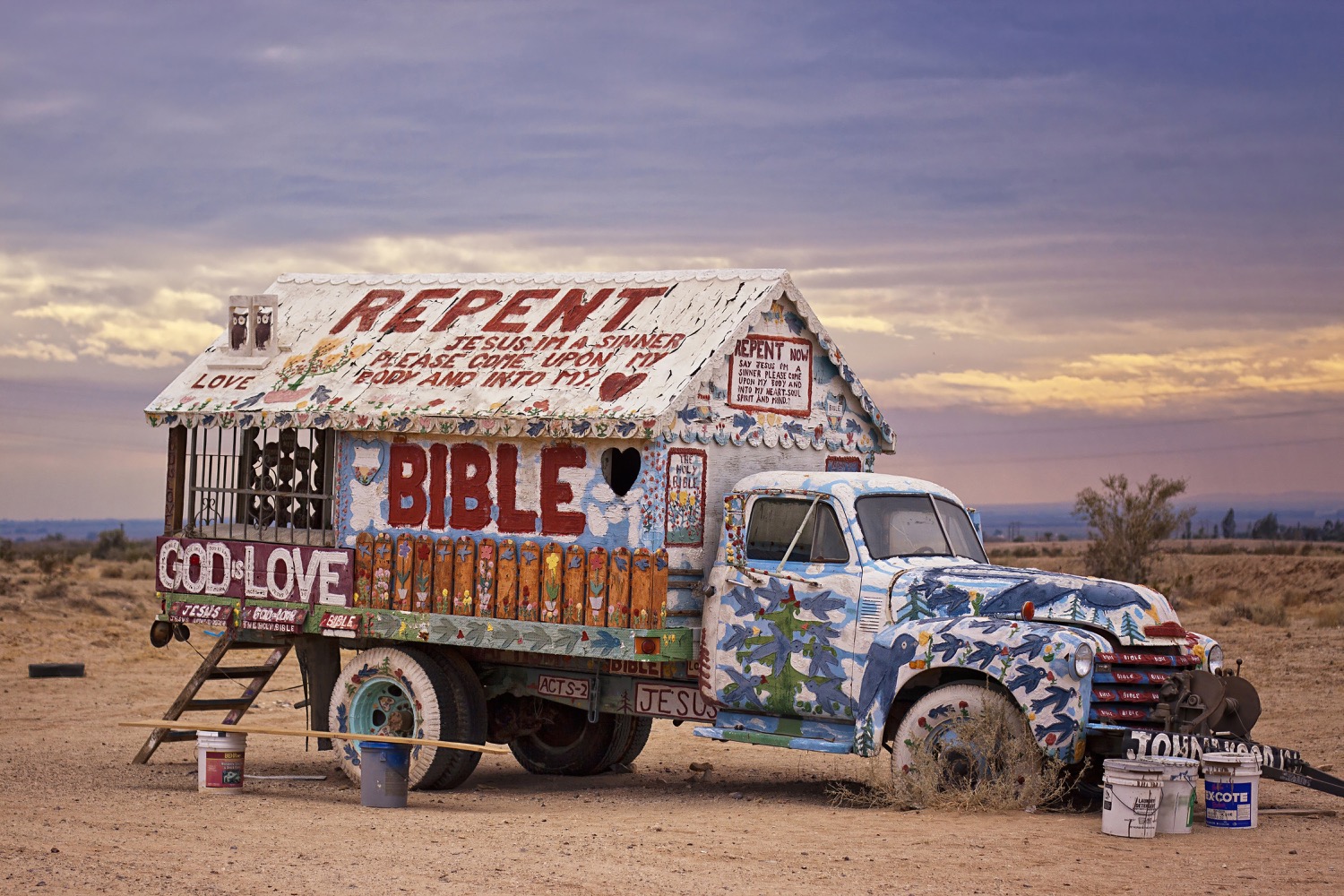
The Best Advice I Was Ever Given - “Don’t be a Photographer.”
Thom Pierce
Great photography is not about photography at all; it is about us
Thom Pierce

The most remarkable advice I have ever been given was from my high school careers adviser. He told me: “Don’t be a photographer”, and he meant it. He applied his limited idea of what a photographer was meant to be, to a narrow perception of my character and came up with a mismatch. He thought that I had too much compassion for the world and not enough machismo as would be necessary to make it as a photojournalist.
He asked me if, in a situation where I saw a child in a burning building, I would photograph them or save them. I replied that I would save them and, in that instant, in his mind, I lost all credibility as a photographer - any type of photographer.
What he could have said was “That’s interesting. You want to be a photographer? What is it that interests you about the world? What are the stories that you want to tell? Why are you exploring photography as a way to tell those stories?”.
Luckily he didn’t because 17-year-old me would have just looked at him and thought “what are you talking about? I want to be a photographer. I want to take photographs for a living. I don’t know why, but I know that it’s easy enough for me to do within the limitations of the small amount of effort that I am willing to apply to everything in my life.” And that is exactly the point. Not his point. But the point.
Great photography is not about photography at all; it is about us.
Payment Failed
I needed to learn the ‘why’. I needed to learn about myself and understand what interested me. Because photography isn’t really about taking photographs. It’s not about the type of camera, the lights, the pixel count, the lens abrasions or the white balance. Photography is about the world. It is about being interested in something other than yourself.
Taking photographs is easy. Although we don’t want to admit it, you can take a fantastic photograph with the latest iPhone (and most of the smartphones made in the last ten years). Almost everyone has a good camera, and almost everyone can take a good photograph with it.
Like legalise to a lawyer, so complicated equipment is to the photographer. It is crucial for us to show that photography is more complicated than it actually is because it protects our work, and it keeps the club exclusive. But taking photographs is easy. There, I said it. Taking pictures is easy. And there is no shortage of photographers either. We are not a rare breed. There are thousands of us, all fighting for the small amount of paid jobs that are available.
Earlier this year, I was in a camera store in New York City. Not the big one that we all secretly wish we could live in, but a smaller one, downtown. A gentleman in his sixties walked in and struck up a friendly conversation with the clerk at the second-hand camera counter. I didn’t listen to all of it, but one thing that the customer said did catch my attention: “Did you know that out of the thousands of photographers trying to make it professionally, less than 1% actually make a sustainable living out of it?”
%20-%20Lesotho.jpg)
I didn’t know this and I had never actually thought about it before. But in that second, I felt a wave of pride wash over me, that I was in that 1%. And at that moment, all of my failures and frustrations with the struggle of freelancing fell away, because that 1% was not an easy place to get to.
The 1% exists because photography is easy. It exists because the function of taking a photograph is so easy that it seduces lots of people into thinking that they can be a professional photographer. The 99% who aren’t “making it” are not bad at taking photographs, they can probably take a photograph as well as any of us, given the same equipment, but photography isn’t just about taking photographs.
Taking a photograph that means something is not that easy. Or instead consistently taking pictures that mean something is not that easy. Because taking pictures that mean something means being interested in something other than photography.
It means being passionate about something in the world and then making yourself vulnerable by exploring that passion through photography. And the reason that it makes you vulnerable is that it might not work, and because you are not just taking photographs, you are making a statement. You are standing for something, and you could easily fail.
Failure is not about taking a bad photograph. Failure is about not being able to translate your message about the world into photography. And that is a long way to fall because it is about you, your ideas, your values and your passions. Not about photography.
As photographers, our value does not come from being able to take a good photograph. Our value comes from our ideas, and our ideas come from what we care about.

When a parent looks at a piece of modern art and states that their child could do better, they are often entirely missing the point of what makes the contemporary art embedded with meaning. The artist has often learnt how to be technically brilliant before she abandons the idea of technical proficiency in the pursuit of a purer form of expression.
I became a photographer not when I learnt how to use my camera on manual mode or when I understood how to light a portrait properly, but when I realised what I wanted to say about the world.
I became a photographer when I realised that my work felt empty if it did not mean something if it did not tell a story, and if it did not explore my deep need to tackle issues of injustice. I became a photographer when I learnt the ‘why’.
Photography gets easier with every incredible piece of equipment that comes along and, conversely, making a living out of photography gets harder. People often ask me how I feel about smartphones and their ability to take a good photograph, and my reaction is this.
I think it’s great. Smartphones challenge photographers by taking away the easy jobs; the ones where all that is needed is a good photograph. They push us to make work with meaning, that is individual to us, that has value and purpose.
Good photography is easy, but great photography is not about photography at all; it is about us.
.svg)
.svg)
.svg)







